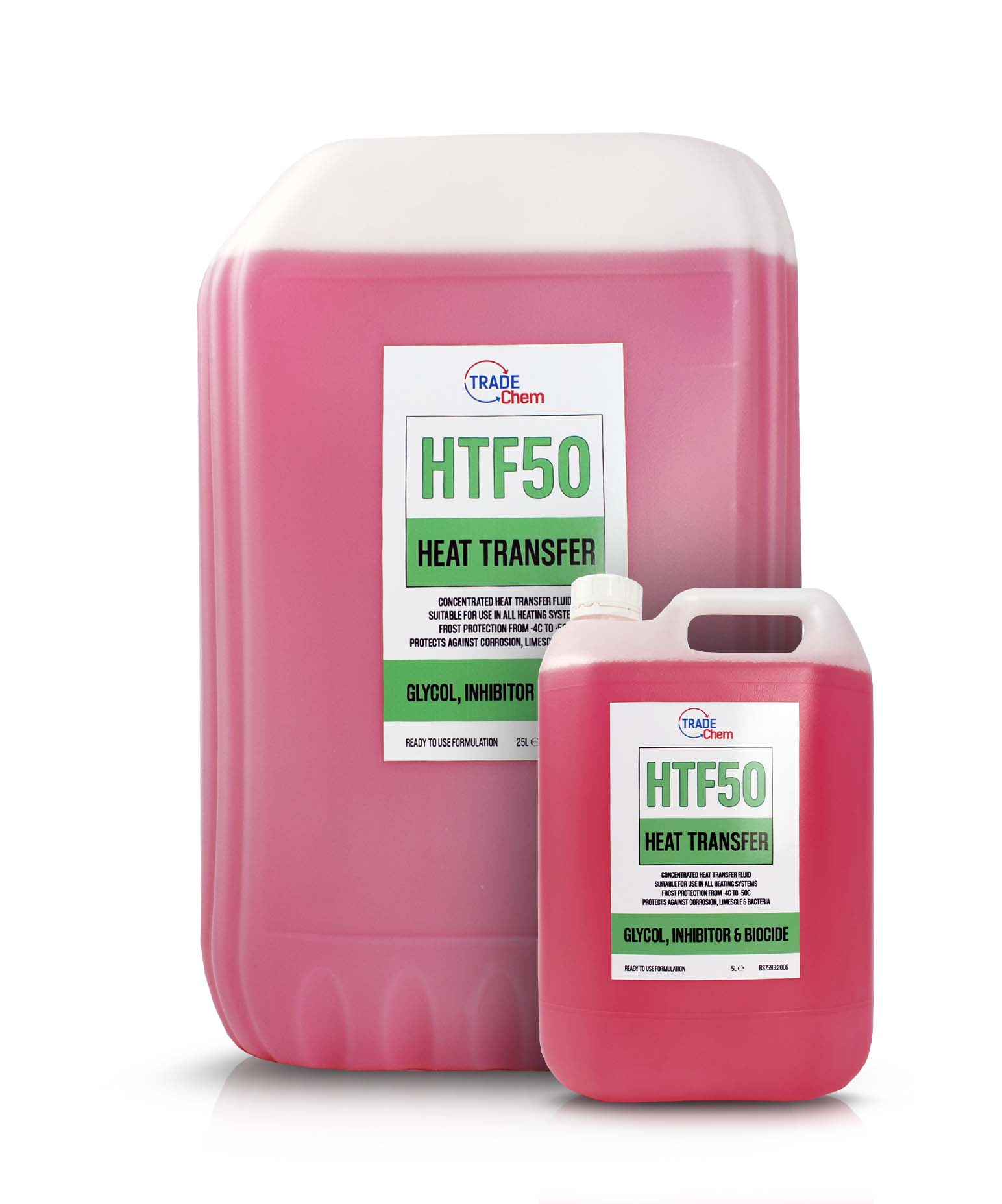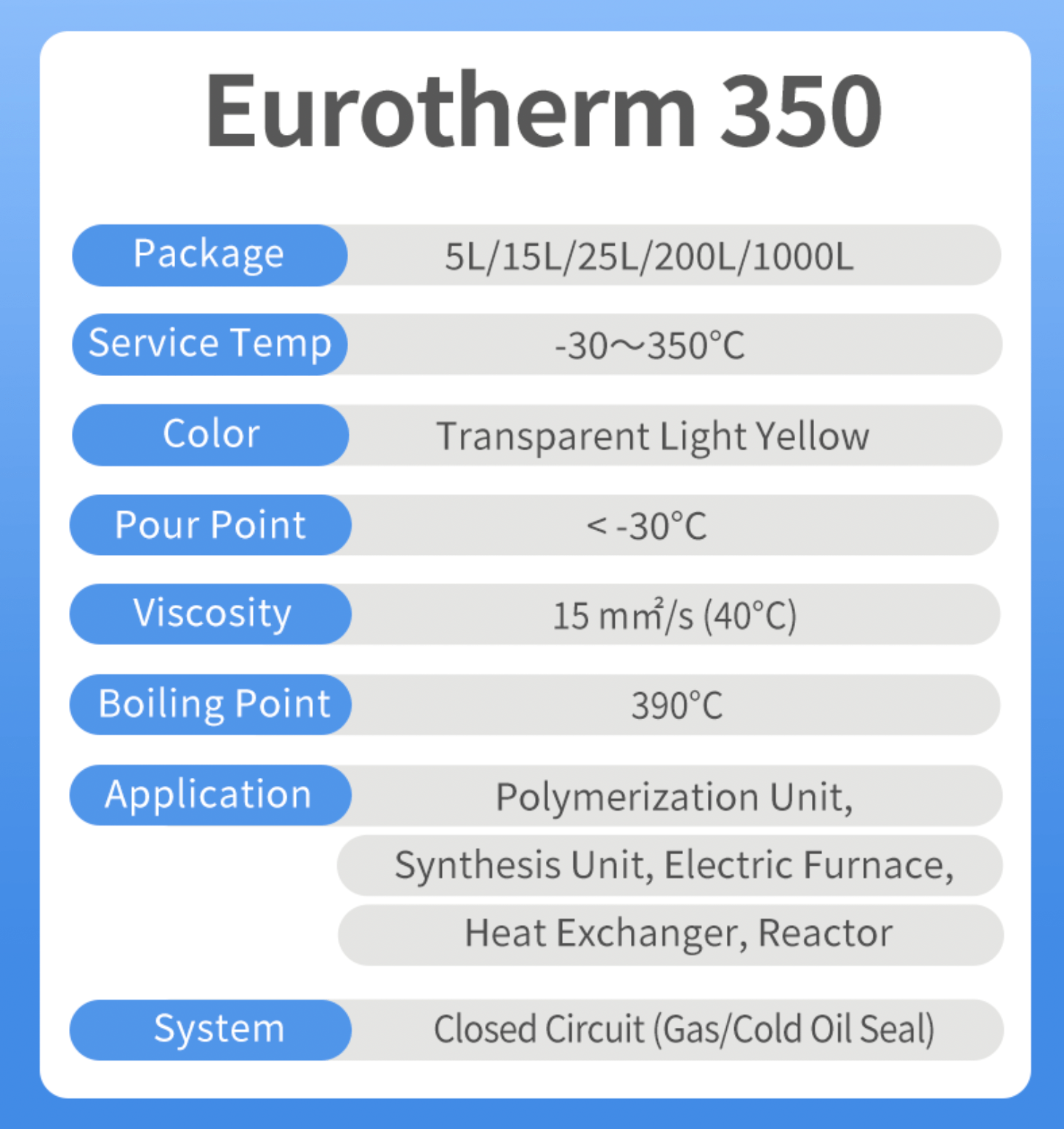Why Heat Transfer Liquid Is Crucial for Optimizing Energy Transfer in Systems
The role of heat transfer fluids in maximizing power transfer is critical for accomplishing efficient thermal management across various industrial sectors. These liquids promote seamless warmth exchange, guaranteeing processes operate within ideal temperature level arrays and minimizing the danger of overheating. Their choice, based on variables like thickness and thermal security, straight affects the effectiveness and sustainability of a system. Nonetheless, the details of choosing the best fluid are typically taken too lightly. What are the essential factors to consider for this selection, and exactly how do they affect both economic performance and environmental responsibility in industrial applications?

Duty in Thermal Monitoring
Warm transfer liquids play a critical duty in thermal management by efficiently regulating temperature levels in numerous industrial procedures and systems. These specialized liquids promote the transfer of warm between different elements, making sure optimum operating problems and stopping overheating. By keeping specific temperature level control, warmth transfer fluids make it possible for sectors such as chemical manufacturing, oil and gas, and power generation to run safely and successfully.
The choice of an appropriate warm transfer liquid depends upon several elements, including thermal stability, warm ability, and viscosity. High thermal stability makes sure that the liquid can withstand extreme temperatures without deteriorating, while a high heat capability permits it to soak up and launch considerable quantities of warm - heat transfer fluid. Low thickness reduces the energy needed for pumping, adding to total system efficiency
Additionally, warm transfer liquids are integral in applications like refrigeration, where they assist absorb and dissipate heat throughout the cooling cycle. In solar thermal energy systems, these liquids capture and transport solar warm to create electrical power or supply warm water. Their versatility to diverse operating problems and ability to preserve consistent thermal performance emphasize their significance in industrial thermal management, promoting functional connection and improving security measures.

Enhancing System Efficiency
To make best use of the benefits of thermal monitoring, enhancing system performance through the calculated use of warmth transfer fluids is paramount. By preserving optimal temperature level degrees, warm transfer liquids aid ensure that systems operate within their developed specifications, thus preventing overheating and decreasing the risk of component failure.

Kinds Of Warm Transfer Liquids
The variety of warmth transfer fluids highlights their crucial role in a variety of industrial applications, each customized to meet specific thermal management needs. These fluids promote effective energy transfer and are selected based on essential properties such as thermal stability, thickness, and heat capability. The primary types include water, glycol services, oils, and synthetics, each offering distinctive benefits.
Water is the most common warmth transfer medium because of its high certain warm capability and low cost. Nevertheless, its use is limited by its cold and boiling points. Glycol mixtures, frequently made use of in heating and cooling systems, provide a reduced cold factor, adding flexibility in various environments. Mineral oils are preferred for their thermal security and non-corrosive nature, making them link appropriate for high-temperature applications.

These fluids make sure exceptional efficiency in systems where standard liquids may fall short. The check over here selection of a warmth transfer liquid is essential, as it influences system effectiveness, safety, and durability.
Environmental and Economic Conveniences
Utilizing the ideal warmth transfer liquids supplies significant ecological and economic advantages for commercial procedures. Eco friendly warm transfer liquids, often biodegradable and non-toxic, decrease the risk of dirt and water contamination in the event of leaks or spills, therefore protecting ecological communities and abiding with rigorous ecological policies.
Financially, the best heat transfer liquid can substantially decrease operational expenses. Liquids with extended lifecycle performance lower the regularity of replacements and upkeep, decreasing downtime and associated prices. Overall, the strategic usage of optimum heat transfer fluids supports sustainable financial growth and ecological stewardship.
Selecting the Right Liquid
How does one browse the intricate process of selecting the ideal warmth transfer fluid for commercial applications? Picking the suitable fluid is important, as it straight affects system efficiency, security, and site here functional prices. Trick considerations include thermal security, compatibility with system materials, and running temperature range. Thermal security guarantees the fluid can stand up to high temperatures without weakening, while compatibility protects against rust or various other harmful responses with system elements. The operating temperature level variety have to line up with the system's requirements to keep efficiency and long life - heat transfer fluid.
Additionally, the fluid's warm capability and viscosity are vital. A high heat capacity permits the liquid to absorb and move more energy, improving effectiveness.
Verdict
The strategic option and application of heat transfer liquids are essential to enhancing power transfer throughout different systems. By making certain high thermal security and ability, these liquids provide specific temperature control and enhance general system effectiveness.